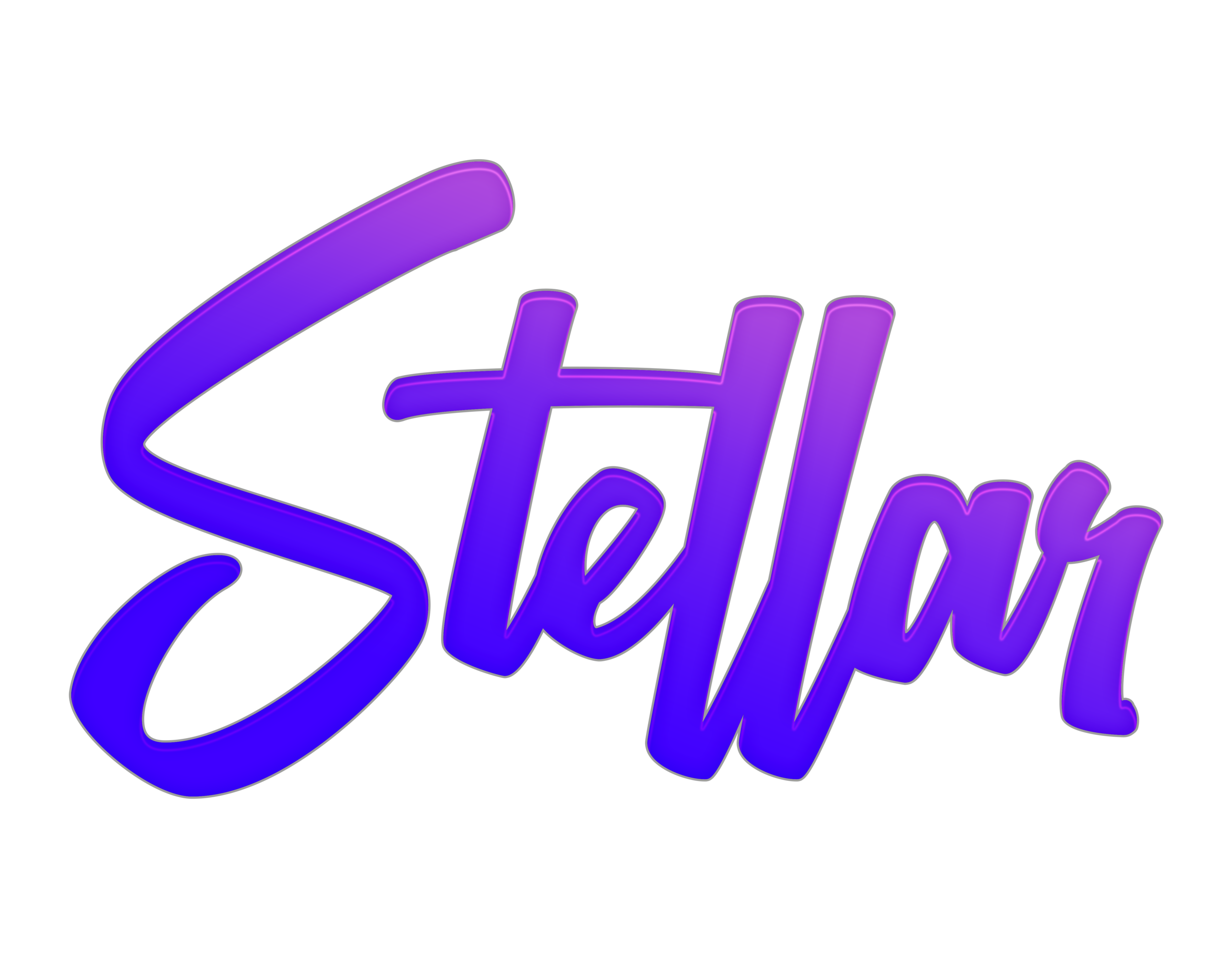MARGAUX'S SUPERPOWER UNLOCKS COMMUNITY
Storytelling by Ellen Iones
ADHD is treatable disease, but to Margaux Joffe it’s also her personal superpower. It helps her hyperfocus about projects she is passionate about.
Margaux Joffe graduated with a degree in literature from Duke University and had a successful career as a video producer. She would build her own business, working on campaigns for clients like Yahoo, Uniqlo and HBO. She produced a documentary to help combat human trafficking in India, and a sexual violence prevention campaign that was featured in major media outlets like the Huffington Post.
But Joffe had also struggled with depression and anxiety since she was 18, which translated to both personal and professional challenges. After dealing with mental health issues off and on for years, Joffe wondered if there might be something else going on, too.
“I did always feel there was something different with me, but then, that’s your life, and you don’t know any different.”
Learning she had ADHD at age 29 was a turning point in Joffe’s life; “It was empowering to learn more about how my mind works, and adjust my life accordingly,” she said.
But when Joffe went looking for resources for adult women with ADHD, she found the landscape lacking.
The existing resources were cluttered and clunky, said Joffe, especially for “an audience that needs clarity and simplicity.” So Joffe took matters into her own hands and launched Kaleidoscope Society, a community by and for women with ADHD. Kaleidoscope offers resources for women with ADHD, providing statistics and links to services, but it also uplifts the stories of passionate, creative and powerful women who are on their own journeys with ADHD.
“Because of stigma and stereotypes, women were disconnected,” Joffe said, adding that many women only come to suspect they might have ADHD when their children are being diagnosed. Because ADHD symptoms present differently in women, the disorder often goes undiagnosed. Women with ADHD often assume themselves to be absent-minded, unmotivated or unintelligent; instead of bouncing off the walls or talking non-stop, women with ADHD may be more prone to daydreaming, or have difficulty following directions. “More than anything, women needed to know they weren’t alone,” Joffe said.
When Kaleidoscope was in its nascent stages, Joffe started freelancing with Yahoo (now part of Oath) and found she loved the work environment. She started working there full-time, but hesitated to share her diagnosis: “I [was] coming to work, I put on my mask, I do what I need to do.” But it became clear that what she needed to do was to share her truth. So she advocated for an employee resource group dedicated to neurodiversity. It now has chapters throughout the United States, and led to her current full-time position advocating for neurodiversity on Oath’s disability team.
“This is my calling,” said Joffe, stating that acknowledging and making room for neurodiversity, rather than asking employees to hide it, can lead to innovation. ”Not only do you belong here, but you can help this company move forward.” Joffe, for example, says that her ADHD “superpower” is the ability to hyperfocus on projects she cares passionately about.
For all of the important work that Joffe does, both with Kaleidoscope Society and Oath, she acknowledges that being first in a space can be lonely. “When you have a vision, people might not understand--people might not see what you see. But you have to trust your gut."
###
You can learn more about Margaux & Kaleidoscope Society Here
We are a community of creatives united by the belief that creativity can spark positive impact in our world.
We amplify the stories of creative catalysts and their positive impact via StellarCollective.com

